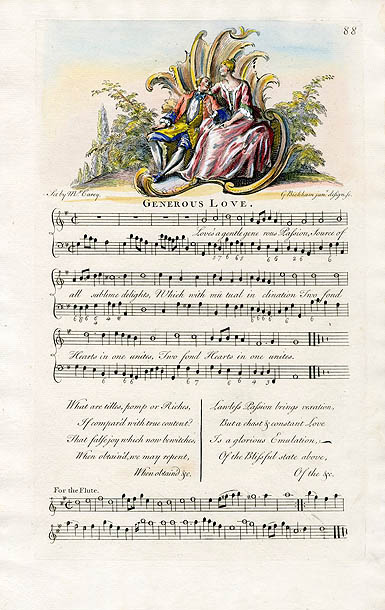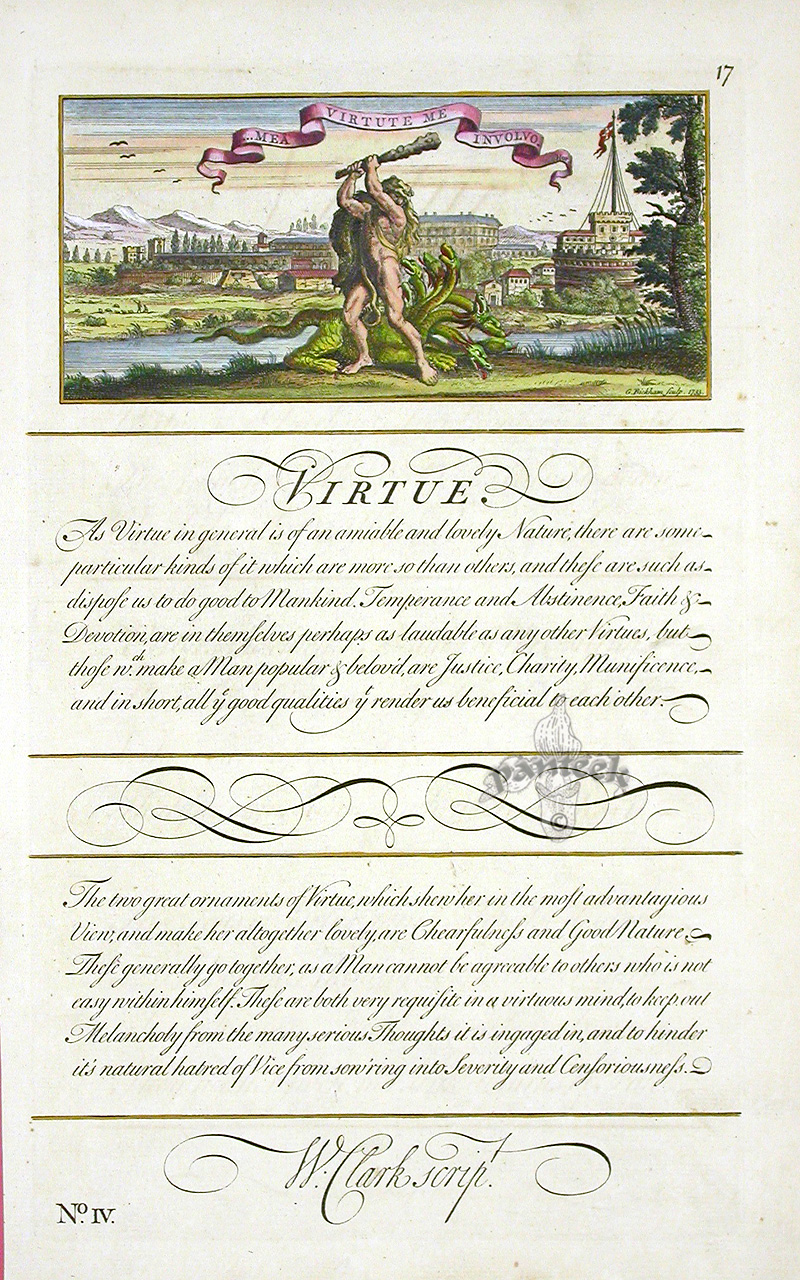

Dr Davis is at pains to argue that, in practice, the Commons and the Lords worked in concert to achieve aims that now seem unfashionably undemocratic – such as protecting Protestant property, keeping powers of police justice under the Crown, and limiting the self-government of cities. 180) and several of his rather brief analytical passages are given to what might be seen as periods of parliamentary self-education, if not self-help (p. more guided by public opinion, but is governed by the knowing proviso, ‘insofar as the Lords could understand it’ (p. Guided by public opinion, but is governed by the knowing proviso, ‘insofar as the Lords could und.

Among several findings is a strong challenge to the notion of th. Drawing from a considerable sample of sailors who served from 1795 to the end of the French wars in 1815, the authors created a database of 7,514 sailors, who volunteered to allot half of their pay, as means to better understand the ordinary men who made up the rank and file of the Royal Navy. Second, and most extensively, the article examines the records produced by the bill’s implementation, which include such information as place of residence, number and gender of children, rank, wages, and relationship to the recipient. First is the unprecedented level of national and local bureaucratic organization needed to implement pay allotments successfully. This article examines the significance of the bill from a number of perspectives. more In 1795, Britain’s Parliament passed the “Seamen’s Families Bill” which enabled sailors to allot half of their monthly pay to either their mothers or wives for the duration of their service.

In 1795, Britain’s Parliament passed the “Seamen’s Families Bill” which enabled sailors to allot.


 0 kommentar(er)
0 kommentar(er)
